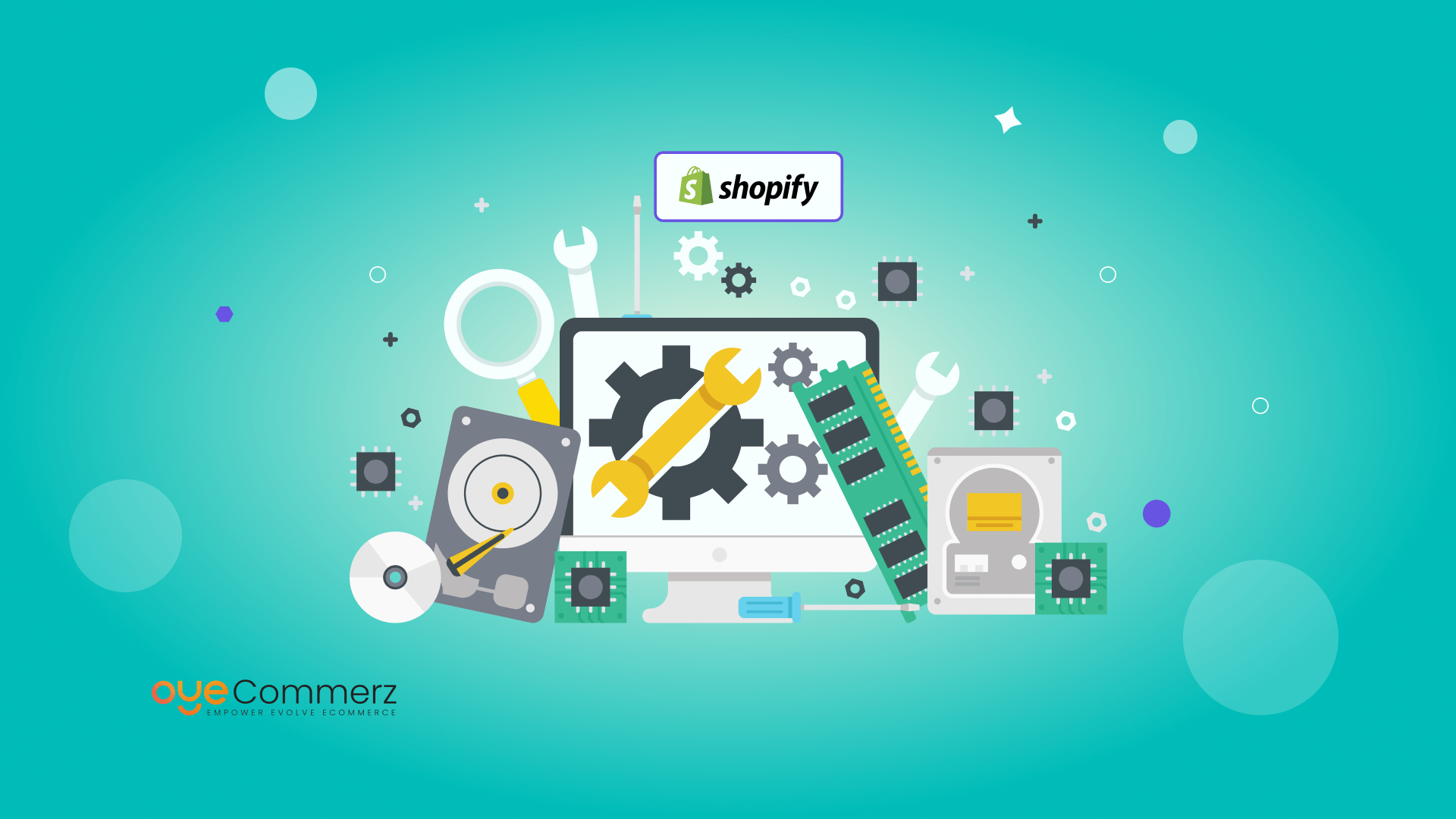Overview
In the current competitive e-commerce environment, standing out is essential, and a top method to differentiate a Shopify store is through tailored app development. A robust Shopify app can enhance store capabilities, simplify processes, and elevate customer interaction. This article delves into key aspects of Shopify app development, from API integration to growth techniques and digital marketing approaches, providing a roadmap for businesses looking for unmatched store efficiency.
The Importance of Shopify API Integration
Shopify’s API offers robust tools to customize and extend store functionalities. With GraphQL and REST APIs, developers can retrieve information to create apps that manage inventory management, order processing, and customer information management seamlessly. Using Shopify’s API can lead to better workflow automation and allows stores to assist shoppers more efficiently.
Adopting the Polaris Design System
Shopify’s Polaris is Shopify's design system for designing user-friendly and accessible Shopify apps. By following Polaris guidelines, developers ensure that apps seamlessly integrate within the Shopify Admin experience. This provides a cohesive appearance that resonates with Shopify merchants, promoting usability and comfort for merchants utilizing your custom app.
Navigating the Shopify App Ecosystem
The Shopify app ecosystem offers endless possibilities for improving e-commerce sites. From managing fulfillment processes to boosting customer interaction, apps in this environment are tailored to meet diverse business requirements. Learning about this ecosystem helps developers in finding unique app ideas and enables seamless integration of third-party services that enhance the store.
Building Embedded Shopify Apps
Embedded apps work seamlessly within the Shopify Admin, providing a smooth interface for merchants. They ensure that merchants don’t have to leave their Shopify control panel, streamlining their workflow. Using Shopify App Bridge and embedded app capabilities is recommended for providing a cohesive, integrated user environment.
Using Node.js and React for Shopify Apps
The technologies Node.js and React have emerged as ideal tools for Shopify app creation. This server-side framework enables high-performance back-end services, while React enables dynamic, responsive front-end design. Together, they offer an excellent framework for creating speedy, scalable Shopify apps that improve store performance and customer engagement.
Webhooks in Shopify Apps
Webhooks enable instant data updates between Shopify and an external app. They Shopify apps to enhance customer experience trigger events such as new orders or inventory updates and provide immediate notifications to your app. By utilizing webhooks, apps can deliver real-time information to store owners, streamlining workflows and boosting productivity.
Customer Engagement and Digital Marketing for Shopify Apps
To ensure Shopify app success, engaging customers is key. Utilizing digital marketing strategies like SEO, email marketing, and social media campaigns can drive app adoption. Additionally, creating applications with customer engagement in mind (e.g., loyalty programs or personalized suggestions) increases user retention and satisfaction.
Scaling Your Shopify App
As e-commerce businesses grow, so do their technological needs. Making sure that your app can scale to handle higher usage, larger data sets, and more complex functionalities is essential. By improving server capacity and using scalable solutions, you can develop apps that grow in parallel to a store’s growth.
Important Features and Maintenance Tips for Shopify Apps
For an app to be effective, it should offer essential features like user authentication, dashboard analytics, and support channels. Regular app upkeep, with updates to fix bugs and compatibility checks with new Shopify functionalities, is vital to maintain continuous operation React for Shopify development and prevent disruptions to merchant workflows.
Conclusion
Custom Shopify app development holds vast potential for e-commerce stores, offering the chance to improve store functionality, streamline processes, and build customer relationships. With API integrations and Node.js to ensuring scalability and customer interaction, building a Shopify app requires thoughtful preparation and well-planned actions. If you’re prepared to elevate your e-commerce experience, a custom Shopify app may be the perfect choice. What capabilities do you see for your dream application? Share your ideas and begin the journey to an enhanced e-commerce experience!
